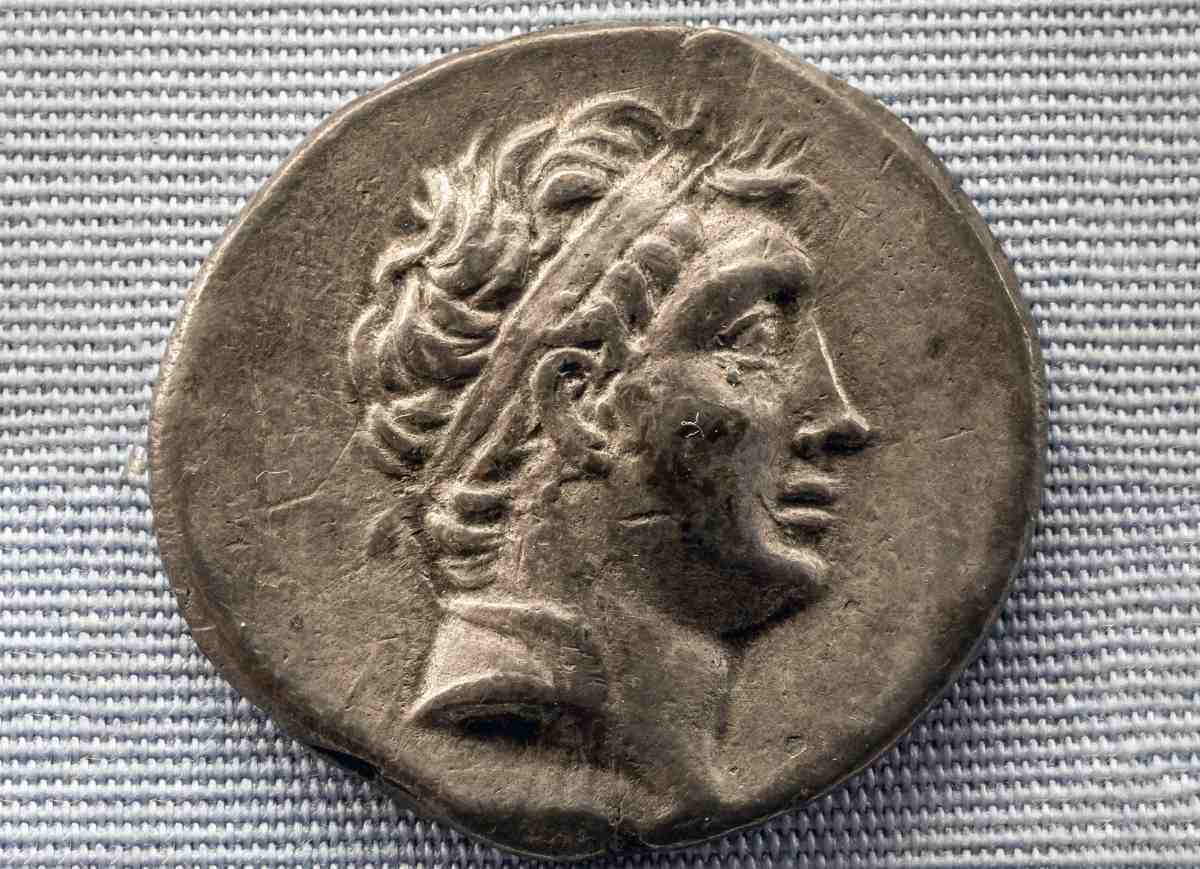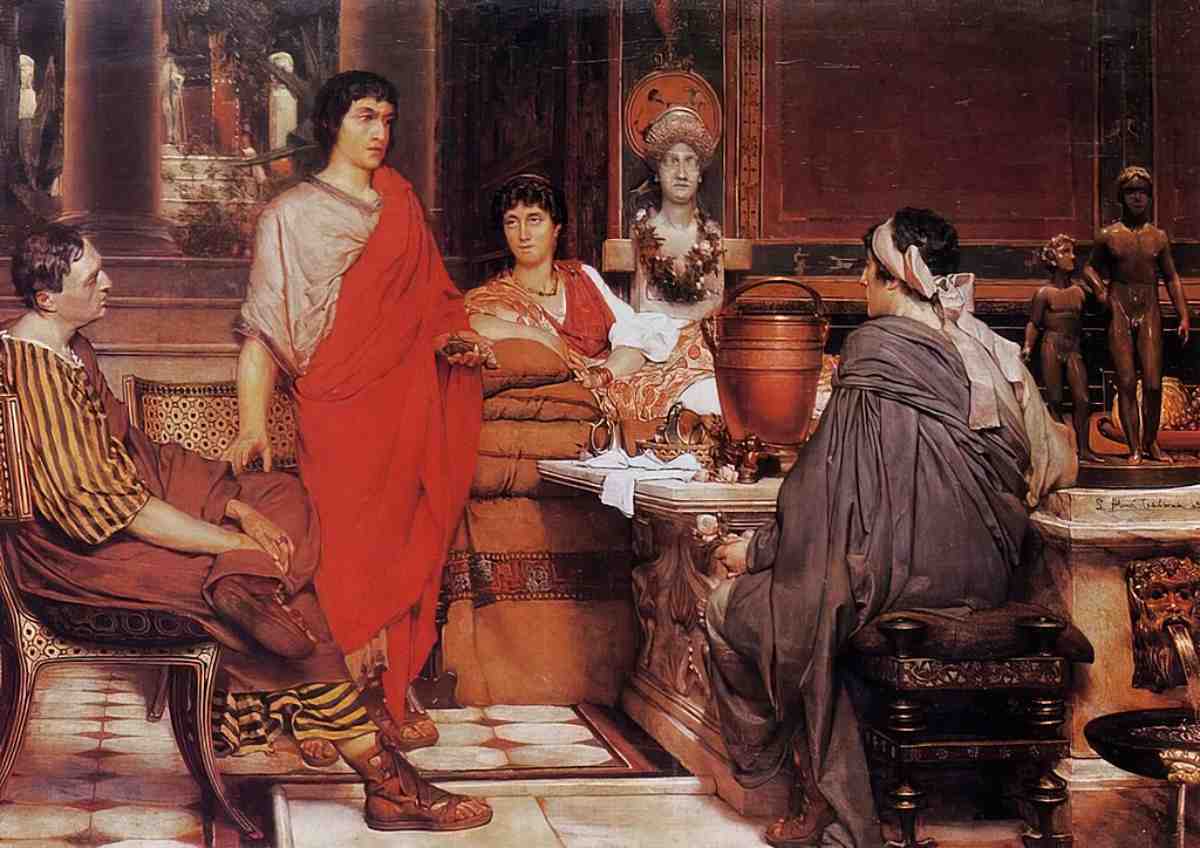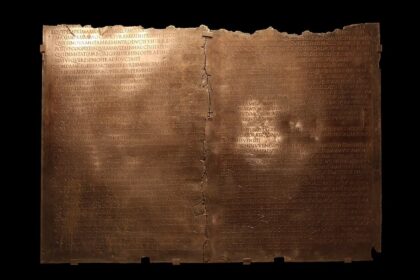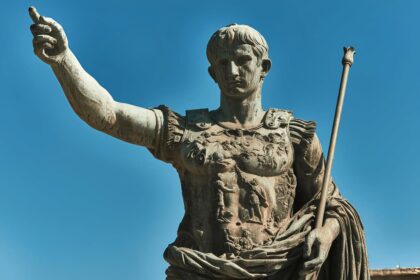- Julius Caesar was rumored to have had a gay affair with King Nicomedes.
- Caesar had multiple marriages and love affairs with women.
- The accusation of Caesar’s homosexuality was likely politically motivated.
Was Julius Caesar gay? Julius Caesar was once said to have had a gay affair with King Nicomedes of Bithynia, which earned him the title “Queen of Bithynia.” On his triumphal processions, his own soldiers appeared to make the same claim. According to Roman historian Suetonius, Caesar was called “every woman’s man and every man’s woman,” which could simply be a common insult at the time.
The Sexual Background of Julius Caesar
Caesar was betrothed to Cossutia in childhood. The betrothal was broken when the possibility of an even better union arose. Caesar then married Cornelia (85 or 84 BC) and had his first daughter, Julia. Cornelia died in 69 or 68 BC. Caesar married Pompeia in 76 BC, from whom he divorced in 62 BC after the Bona Dea scandal. In 59 BC, Caesar married Calpurnia, who remained his wife until his death in 44 BC.
Caesar had numerous love affairs and relationships with women, and tradition suggests a strong sexual interest on his part in women. An example of a distinguished Roman woman who was his mistress was Servilia. Among non-Roman women, Cleopatra was a particularly well-known case, whose first son was almost certainly Caesar’s.
Was Julius Caesar Homosexual?

At Caesar’s triumphal procession over Gaul in Rome in 45 BC, his soldiers recited mock verses, as was the custom of the time (Suetonius Tranquillus, ““Divus Julius”, 49, 4; cf. Cassius Dio, “Book 43”, 20, 2). Among the verses were:
“Gallias Caesar subegit, Nicomedes Caesarem:
Ecce Caesar nunc triumphat qui subegit Gallias,
Nicomedes non triumphat qui subegit Caesarem.”
“Gauls had been enslaved by Caesar, but Caesar by Nicomedes.
Look! now Caesar rides in triumph, the one who mastered Gallic lands.
Nicomedes does not triumph, the one who mastered Caesar.”
Another of the mocking verses refers to the lustfulness of Caesar toward women:
“Urbani, servate uxores: moechum calvom adducimus.
Aurum in Gallia effutuisti, hic sumpsisti mutuum.”
“Citizens, hide your wives! We’ve brought home that bald adulterer!
Caesar, you fucked away in Gaul the money which you borrowed here!”
So, Julius Caesar was clearly not exclusively homosexual. What can be discussed is whether Caesar was bisexual.
Was Julius Caesar Bisexual?
Bisexuality was not considered abnormal in Ancient Roman times. However, homosexuality could receive a pejorative evaluation in the Roman society of the time under certain circumstances, especially in the following cases:
- The role of the “passive” homosexual (role distribution in which someone is the penetrated): This was widely regarded as feminine, a sign of a lack of masculinity, and could lead to a derogatory designation as “woman.”
- Allowing homosexual practices as venality (for monetary payment or other consideration).
Alleged homosexuality has been an accusation in disputes, with a rating of impudicitia (fornication, unchastity). With a political antagonism that had become enmity, there were few inhibitions about the accusations. Whether they were actually true or not did not concern the authors of the invective. It was enough if something could be read into the behavior.
Caesar’s Alleged Gay Affair with Nicomedes

Caesar has been said to have had a gay affair with Nicomedes IV Philopator, king of Bithynia.
Caesar began his military service as an officer with Marcus Minucius Thermus, propraetor and governor of the Roman province of Asia. The latter sent Caesar to King Nicomedes of Bithynia to support a military enterprise against the city of Mytilene on the island of Lesbos by sending a fleet detachment. Caesar, about 20 years old (80 or 79 BC), stayed for a while at the king’s court. He also returned once more to Bityhia to collect money owed to a freed client.
Apparently, rumors arose that Caesar had a gay affair with Nicomedes. Nicomedes was widely rumored to be gay since he had no children. However, the stay can also be explained in other ways, such as a liking for a pleasant court life or the use of the stay to establish a network of relationships (“foreign clientelae”).
In his “Catullus 29” and “Catullus 57,” poet Catullus reviles Mamurra (who served under Caesar as a military officer [praefectus fabrum]) and Caesar, portraying them as homosexuals on the one hand and lovers of girls on the other.
These are the ancient sources on Caesar’s stay in Bityhia and the accusations of a gay affair with Nicomedes:
- Suetonius, Divus Julius; 20: 2 (allusion in which someone in a Senate debate refers to Caesar as a woman [femina]);
- Cassius Dio, Book 43: 20–4;
- Sextus Aurelius Victor, De Viris Illustribus; 78, 1;
“Gaius Julius Caesar, veneratione rerum gestarum Divus dictus, contubernalis Thermo in Asiam profectus, cum saepe ad Nicomedem, regem Bithyniae, commearet, impudicitiae infamatus est.“
“Gaius Julius Caesar, called divine out of adoration/admiration of his deeds, who had set out for Asia as a tent companion for [Marcus Minucius] Thermus, because he often visited Nicomedes, king of Bithynia, acquired the bad reputation of fornication/unchastity.”
Whether a homosexual affair between Caesar and Nicomedes actually existed is very doubtful. Even if complete certainty is not attainable, Caesar’s denial under oath that he never had a gay relationship with Nicomedes (Cassius Dio, Book 43: 20, 2) carries weight.
Who First Accused Caesar of Being Gay?

How the rumors regarding Julius Caesar’s homosexuality originated cannot be determined exactly, but there are some obvious factors. Such a sexual allegation was most likely made by Caesar’s political opponents in order to interpret a publicly known stay for diplomatic purposes in order to harm Caesar’s reputation.
Gaius Licinius Macer Calvus, Gnaeus Cornelius Dolabella, Gaius Scribonius Curio (the father of the son of the same name who fought on Caesar’s side in the civil war), Marcus Calpurnius Bibulus, a certain Octavius (perhaps Marcus Octavius), Gaius Memmius, and Marcus Tullius Cicero are among the people who called Caesar gay (Suetonius, Divus Julius 49).
Gnaeus Cornelius Dolabella, a consul in 81 BC, was accused by Caesar in 77 or 76 of extorting money as governor of the Roman province of Macedonia and acquitted in a trial by a senatorial court. His accusation regarding Caesar’s homosexuality with Nicomedes is the earliest known example. Gaius Scribonius Curio belonged to the Optimates and was a political opponent of Caesar. His son of the same name represented the same line and later changed sides. Marcus Calpurnius Bibulus was consul with Caesar in 59 BC, and Gaius Memmius was Praetor in 58 BC. He had tried to have Caesar’s decrees declared invalid in his year of the consulship. Gaius Licinius Macer Calvus, like Catullus, was a poet with a temperament for vituperative poems.
The rumor, once created, could be used to make mocking remarks about Caesar. For instance, Marcus Tullius Cicero used this homosexuality rumor for quips.
According to Cassius Dio’s Book 42: 20, 4, the crude mocking verses about an affair between Nicomedes and Gaius Julius Caesar angered and embarrassed Julius Caesar, and he defended himself by denying the homosexual affair with Nicomedes under oath, but this only encouraged the mockery. This is in contrast to other mocking verses, which Caesar accepted calmly as proof of confidence since he would respect freedom of speech (Suetonius, Caesar, 49–52).






